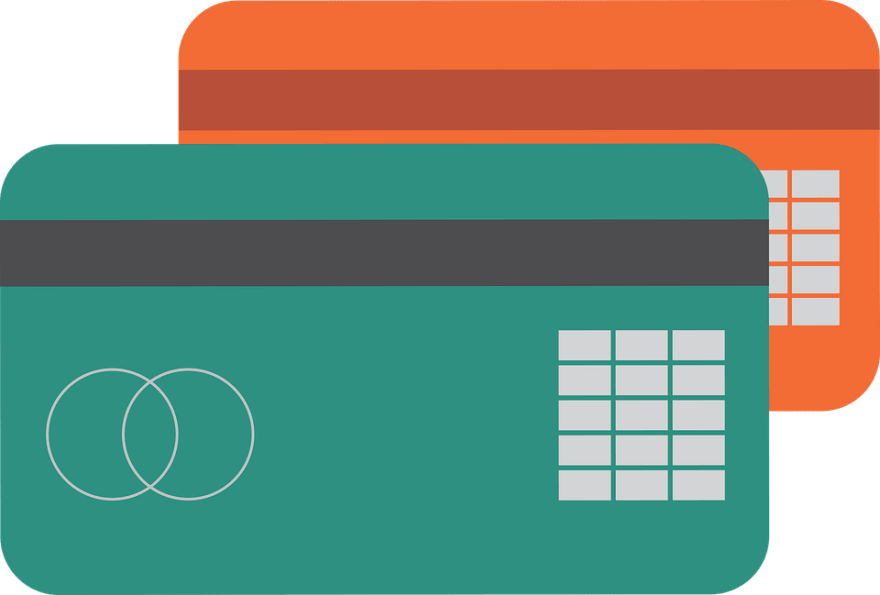Secrets. You have many. I don’t mean stretching the truth to a first date about interests and hobbies , or being into My Little Pony as a forty year old man. I’m talking about digital secrets. Passwords, social security numbers, pin codes, cryptocurrency keys, credit cards, and bank account numbers define our online personas and finances.
Passwords
Passwords and 2FA codes are ways for us to prove who we are online. They give us the ability to own accounts without having others impersonate us.
According to digital guardian 61% of surveyed users in a study admitted to using the same password across multiple websites. This is the most dangerous way to have all of your accounts hacked. All it takes is one malicious or low-security website to have an email/password pair leaked. Then hackers can freely try that combination across Facebook, Twitter, Gmail, Stock Brokers, Turbo Tax…. you get the idea.
Use a free and open-source password manager to generate random and strong passwords for each website you use, and the software will take care of encrypting those passwords and keeping them safe and accessible for you.
Writing down passwords is bad practice. Paper makes it easy for coworkers or passersby to sneak a peek. Paper is also easily damaged and lost, and in 2019, we all have to many passwords to realistically manage on post-its.
Financial
We all work hard to make sure we have the money we need to get by. There are few things as devastating as having that taken away from us and our families. Irreparable damage can be done through the theft of bank account numbers , credit or debit card numbers, venmo accounts, etc.
If you happen to own any digital currencies like Bitcoin or Ethereum , loss is just as devastating as theft. Using an open source password manger is a great way to ensure that no one can access your financials maliciously.
Keep these locked away:
- Bank account numbers
- Crypto seeds and keys
- 2FA seeds
- Credit and debit card information
- Secret question/answers
- Brokerage Information
- Tax IDs (SSN, EIN)
Identity
Having your identity stolen is no joke. According to ssa.gov:
A dishonest person who has your Social Security number can use it to get other personal information about you. Identity thieves can use your number and your good credit to apply for more credit in your name. Then, they use the credit cards and don’t pay the bills, it damages your credit.
Do not store any identity information in word documents on your computer, or in plain sight on sticky notes. Again, encrypt all this information within a secure and private password management solution.
Examples of identity information that is useful to keep safe and available in a password manager:
- Social Security Number
- Passport Number and Expiry
- Drivers License Number, Issuance, and Expiry
- Children’s and family members IDs
- Insurance Information
Thanks for reading and good luck staying safe on the internet!
Sources:
https://github.com/q-vault/qvault
https://www.howtogeek.com/129967/htg-explains-what-is-open-source-software-and-why-you-should-care/
https://www.ssa.gov/pubs/EN-05-10064.pdf
https://www.wired.com/2016/03/want-safer-passwords-dont-change-often/
Follow us on medium! https://medium.com/qvault
By Lane Wagner



Top comments (0)